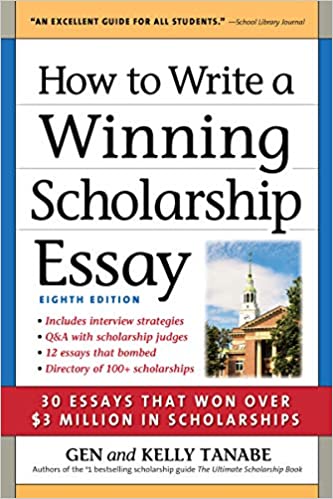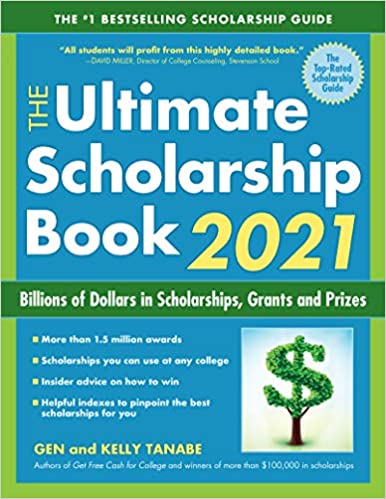4
Keep in mind that instructions do not have to be taken literally.
Even though the instructions say to list your awards, don't feel that you can't add an explanation if you need to. If you have three great awards, it is better to use your space to list those three with short explanations rather than cram in all 15 awards that you've won in your life. (No argument can be made for the timeliness of your Perfect Attendance Award from kindergarten.) You are trying to present the most relevant information that shows the scholarship judges why you deserve their money. Use the space to explain how each award, job or activity relates to the scholarship.
Also, feel free to interpret some instructions. Work experience does not have to be limited to traditional jobs. Maybe you started your own freelance design business or cut lawns on the weekends. The same goes for leadership positions. Who said that leadership has to be an elected position within an organization? Just be sure to explain the entry if the relationship is not totally clear.
5
Use "Spin" to "Wow" your audience.
Politicians are notorious for telling their constituents what they want to hear. Good politicians never lie, but they do put a flattering "spin" on their words depending on whom they're addressing. While you must never lie on your application forms, you do want to present yourself in the best possible way and appeal to your audience. In other words, employ a little spin.
Let's say you are applying for a scholarship that rewards students who are interested in promoting literacy. You have been a volunteer at your local library where each week one of your responsibilities was to read stories to a dozen children. Here are three ways you could describe this activity on your
application:
Non-spin description:
Library volunteer.
Lie:
Library reading program founder. Started a national program that reaches thousands of children every day to promote literacy.
Spin:
Library volunteer. Promoted literacy among children through weekly after-school reading program at public library.
At one extreme, you can see that a lie exaggerates well beyond the truth. At the other extreme, the non-spin description is not very impressive because it does not explain how the activity relates to the purpose of the scholarship. The spin version does not stretch the truth, but it does make clear how this activity fits within the context of the goal of the scholarship. It focuses on what is important to the judges while at the same time it ignores other aspects of your job that are not relevant—such as shelving books.
To be able to spin effectively, you need to know your audience. Remember that in most cases the scholarship judges want to give their money to students who are the best reflections of themselves. For example, the Future Teachers of America judges will want to fund students who seem the most committed to pursuing a teaching career. The American Congress of Surveying and Mapping judges, on the other hand, want to award money to students who have the strongest interest in cartography.
To determine your audience, ask the following two questions and use your answers to guide your decisions regarding how much detail to provide, what to include or omit and how to prioritize your achievements.
- What is the mission of the organization giving away the scholarship? Why do they want to give money to students?
- Who is going to read your scholarship application? What kind of people make up the organization that is giving away the money?
It should now be clear why you can't use the same list of activities and accomplishments for every scholarship. Take the time to craft a unique list that matches what each of the scholarships is intended to reward.
7
List important accomplishments first.
In movies, the most dare-devilish car chase, the most harrowing showdown and the most poignant romantic revelations are usually saved until the end. While this works for Hollywood, it does not for scholarship applications. Since scholarship judges review so many applications and the space on the form is limited, you need to highlight your most impressive points first.
If you have listed four extracurricular activities, assume that some judges won't read beyond the first two. This doesn't mean that all judges will be this rushed, but there are always some who are. It's extremely important that you prioritize the information that you present and rank your accomplishments in the following order:
- Fit with the purpose of the scholarship
- Scope (e.g. impact)
- Uniqueness
- Timeliness (e.g. most recent info first)
You want your application to be as unforgettable as the best Hollywood movies. The only difference between your work and Spielberg's—besides millions of dollars—is that you need to place the grand finale first.



